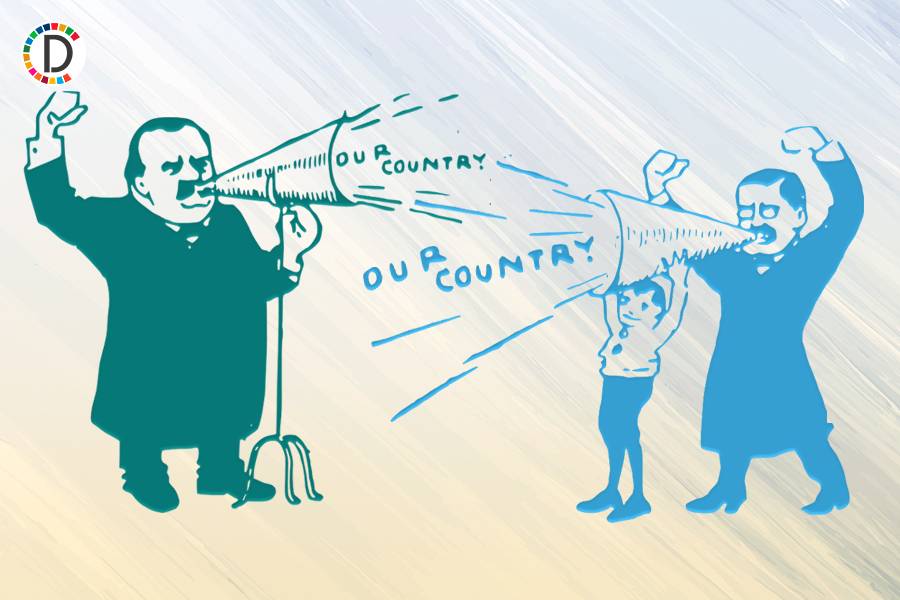Far-Right AfD's Ascent Challenges German Governance
The Alternative for Germany (AfD) party's success in two state elections has pressured Chancellor Olaf Scholz's government. AfD became the first far-right party to win a state election post-WWII, deepening discontent with the national government. The CDU faces challenges in governing without the far-right's involvement.

- Country:
- Germany
The Alternative for Germany (AfD) party's surprising success in two recent state elections has placed Chancellor Olaf Scholz's government under increased strain. The AfD, known for its far-right stance, became the first party of its kind to win a state election in post-World War II Germany. This historic win occurred in Thuringia, spearheaded by Björn Höcke, one of the party's most hardline figures. In neighboring Saxony, the AfD finished just behind the Conservative Christian Democratic Union (CDU).
Voters across these regions expressed deep dissatisfaction with Scholz's fractious coalition, pooling less than 15 percent of the vote collectively. Key issues swaying the electorate included national government infighting, inflation, economic weaknesses, anti-immigration sentiments, and skepticism regarding German military aid to Ukraine. As a result, populist parties received heightened support in the former communist east, which is economically lagging compared to western Germany.
Adding to Scholz's woes, the governing parties' poor performance mirrored their disappointing results in the recent European Parliament elections. With another state election looming in Brandenburg, Scholz's coalition faces further potential setbacks. Meanwhile, the CDU, leading in national polls, confronts arduous decisions as the AfD now controls significant legislative seats, making effective governance increasingly complicated.
(With inputs from agencies.)










